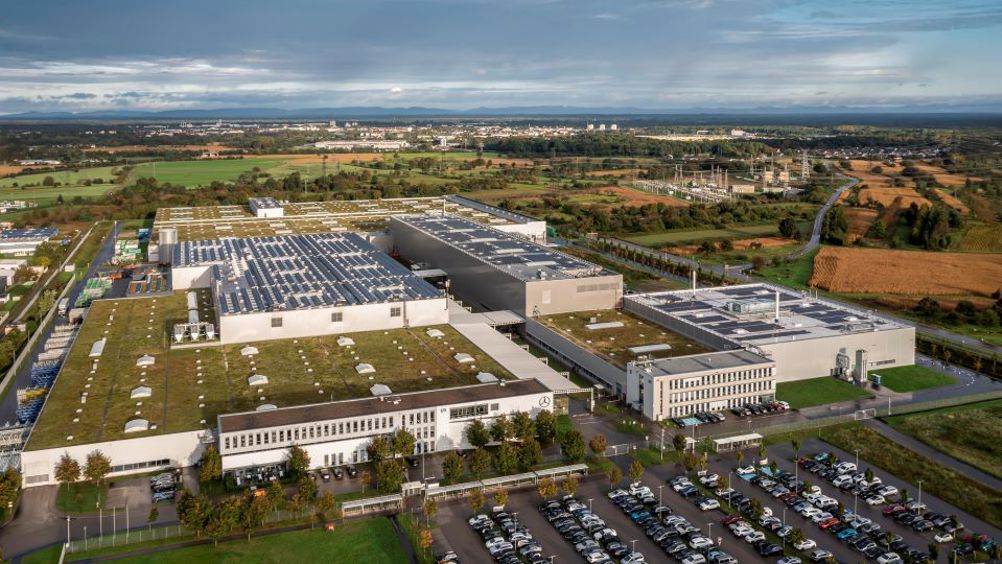The company said it has invested tens of millions of euros into the construction of the new battery recycling plant in Kuppenheim, Baden, which has an expected recovery rate of over 96 per cent.
“As a pioneer in automotive engineering, Europe's first integrated mechanical-hydrometallurgical battery recycling factory marks a key milestone towards enhancing raw-materials sustainability. Together with our partners from industry and science, we are sending a strong signal of innovative strength for sustainable electric mobility and value creation in Germany and Europe,” Ola Källenius, chairman of the board of management at Mercedes-Benz Group, said in a statement.
Mercedes-Benz’s technology partner for the battery recycling factory is Primobius, a joint venture between German plant and mechanical engineering company SMS group and Australian process technology developer Neometals.
Related content
The plant is receiving funding from the German Federal Ministry for Economic Affairs and Climate Action as part of a scientific research project with three German universities looking at the entire process chain for recycling, including logistics and reintegration concepts.
Process
Mercedes-Benz said its new battery recycling plant covers all steps from shredding battery modules to drying and processing active battery materials.
The mechanical process sorts and separates plastics, copper, aluminium and iron in a complex, multi-stage process. The downstream hydrometallurgical process is dedicated to the so-called black mass, the active materials that make up the electrodes of the battery cells.
The German automotive giant said that cobalt, nickel and lithium are extracted individually in a multi-stage chemical process and can be used in the production of new battery cells.
Unlike the pyrometallurgy, the hydrometallurgical process is less-intensive in terms of energy consumption and material waste. Its low process temperatures of up to 80oC mean it consumes less energy. In addition, the recycling plant is supplied with 100 per cent green electricity.
Mercedes-Benz added that the battery recycling plant has an annual capacity of 2,500 tonnes and that the recovered materials will feed into the production of over 50,000 battery modules for new all-electric Mercedes-Benz models.
“We are systematically deepening our expertise in the battery value chain. Following the opening of the Mercedes-Benz eCampus for development of new battery cell chemistries in Stuttgart-Untertürkheim, we are now sustainably closing the raw materials loop in Kuppenheim,” said Dr Jörg Burzer, member of the board of management of Mercedes-Benz Group AG and responsible for production, quality and supply chain management. “The innovative technology enables us to recover valuable raw materials from the battery with the highest possible degree of purity. This turns today's batteries into tomorrow's sustainable mine for raw materials.”











McMurtry Spéirling defies gravity using fan downforce
Ground effect fans were banned from competitive motorsport from the end of the 1978 season following the introduction of Gordon Murray's Brabham...